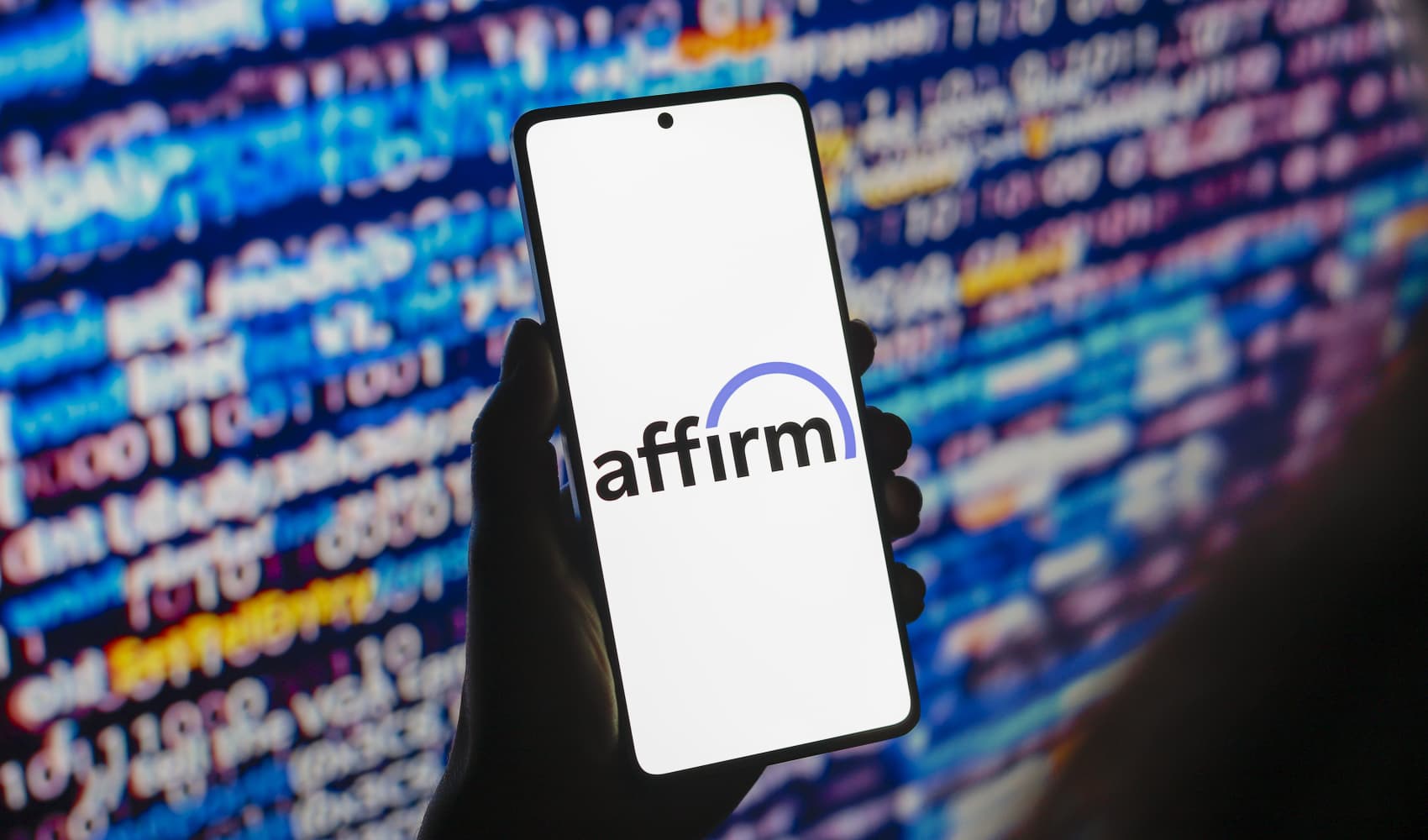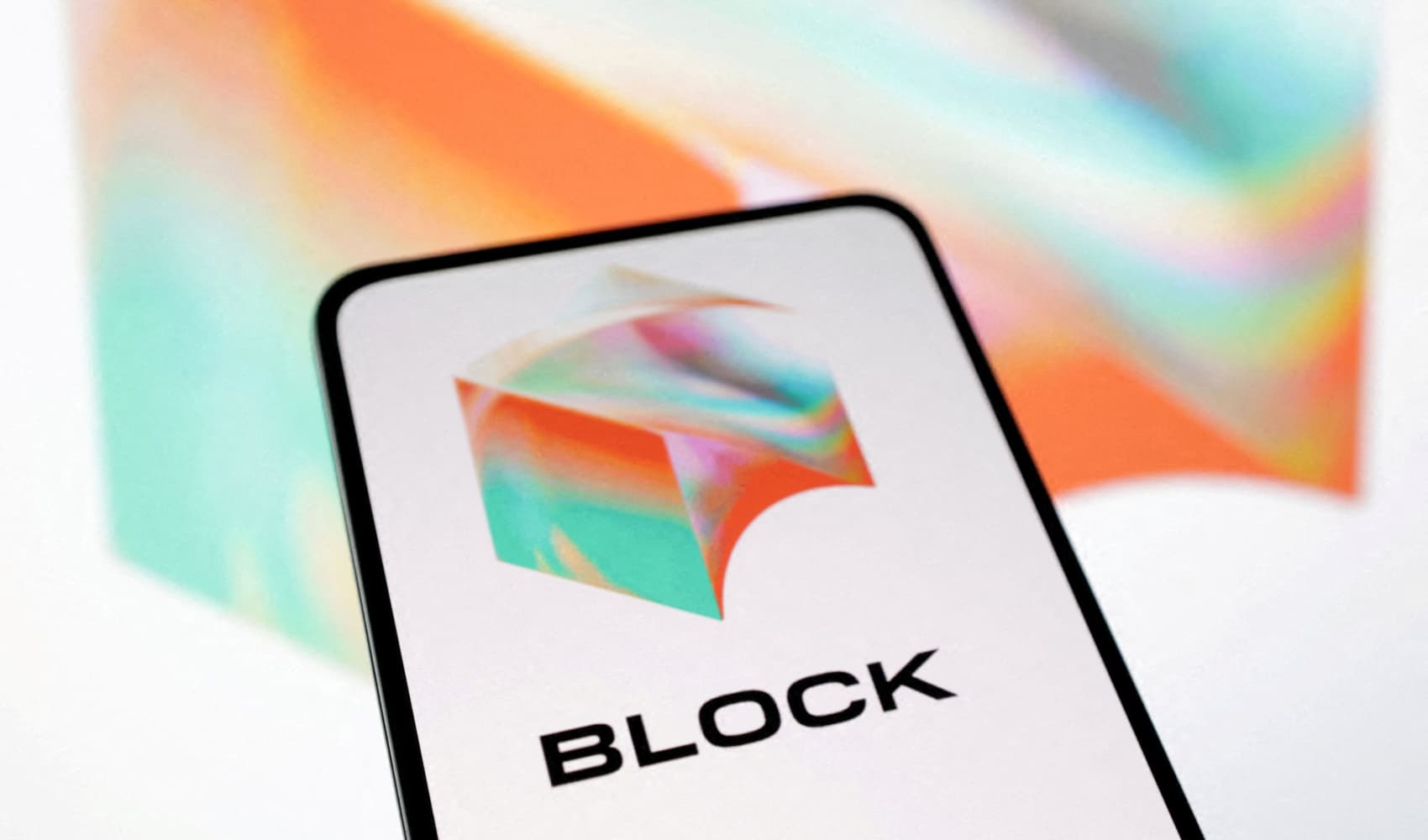
- Democrats on the House Oversight Committee asked Donald Trump about a nearly $10 million withdrawal from Egypt's state-run bank, just days before Trump became president.
- Reps. Jamie Raskin and Robert Garcia said they were looking into allegations that Trump took a "cash bribe" from Egypt's president.
- They also asked Trump to provide information about a $10 million donation Trump gave his own campaign in late 2016, including any funding sources used to repay the contribution or loan.
Democrats on the House Oversight Committee asked Donald Trump to show proof that he never received any money from Egypt, following a recent report on a nearly $10 million withdrawal from the nation's state-run bank days before Trump became president in 2017.
The Democrats in a letter Tuesday said they were looking into allegations that Trump took a "cash bribe" from Egypt's president, and that former Attorney General Bill Barr and others blocked a Department of Justice probe into that potential bribe.
The letter from Rep. Jamie Raskin, the committee's top Democrat, and Rep. Robert Garcia, the minority leader of a subcommittee on national security, was spurred by a report in The Washington Post that revealed the existence of the secret DOJ probe.
"Surely you would agree that the American people deserve to know whether a former president — and a current candidate for president — took an illegal campaign contribution from a brutal foreign dictator," they wrote.
They also asked Trump to provide information about a $10 million lump sum that Trump put into his own campaign in late 2016, including any funding sources that he used to repay the "contribution or loan."
Get Tri-state area news delivered to your inbox. Sign up for NBC New York's News Headlines newsletter.
The Post first reported on the letter from Raskin and Garcia on Tuesday morning. The Democrats on the Republican-majority panel do not have the authority to issue subpoenas.
Asked about the letter, Trump campaign spokesman Steven Cheung told CNBC in an email, "This is textbook Fake News."
"The investigation referenced found no wrongdoing and was closed. None of the allegations or insinuations being reported on have any basis in fact," Cheung said.
"The media is consistently played for suckers by Deep State Trump-haters and bad faith actors peddling hoaxes and shams," he added.
The Post reported on Aug. 2 that federal investigators had received classified intelligence suggesting that Egyptian President Abdel Fatah El-Sisi sought to boost Trump's victorious 2016 presidential campaign with a $10 million donation.
The investigators, from a team assembled by former special counsel Robert Mueller, reportedly learned in 2019 that the state-run National Bank of Egypt had carried out a request to withdraw $9,998,000 by packing bundles of $100 bills into two large bags.
The Jan. 15, 2017 withdrawal request was executed the same day, just five days before Trump's presidential inauguration, according to the Post's investigation.
The discovery of that withdrawal appeared to bolster the claim that Sisi sought to give Trump money.
Trump had previously announced on Oct. 28, 2016, that he would make a $10 million contribution to his own campaign. But in order to persuade Trump to approve the transaction, his then-campaign finance chairman had structured it as a loan that could be repaid, the Post reported.
In early 2019, Mueller's team reportedly handed the Egypt probe to the U.S. attorney's office in Washington, D.C., helmed at the time by Jessie Liu, a Trump appointee.
Liu had suggested she was open to subpoenaing a set of Trump's bank records, but later expressed hesitancy after conferring with Barr, the Post reported. Liu also privately signaled worry about exposing the DOJ to more accusations of interfering in a presidential election, since Trump by that time had announced his 2020 reelection campaign.
Liu in late 2019 was nominated to a role in the Treasury Department. Her successor, Timothy Shea, reportedly reacted negatively to the Egypt case.
He was replaced in May 2020 by Michael Sherwin, who decided to close the case for lack of evidence, according to the Post.
In Tuesday's letter, Raskin and Garcia wrote, "We are certain you can see how significant troubling questions still haunt our country about the origins of your $10 million campaign contribution, the source of any repayment, and the credible allegations that it was all funded with cash provided by President El-Sisi through his grim intelligence services."
They also wrote that the allegations stemming from the Post's reporting "are especially alarming" in light of "several proven patterns of corrupt practices exhibited by both the Egyptian government and by you, of course, as a convicted felon, fraudster and corrupt politician."






